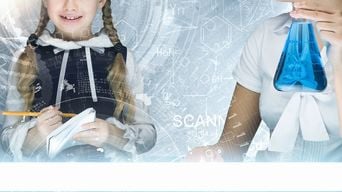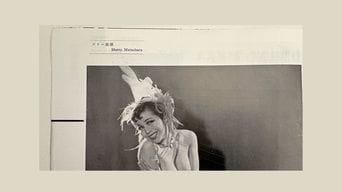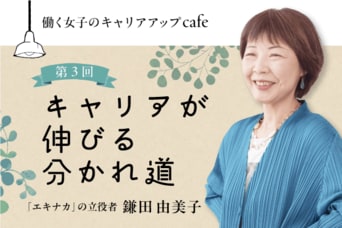「井の中の蛙」には良い面もある
私の研究結果を踏まえて皆様に1つ伝えたいことがあります。それは、学力や自己認知(自己効力感)は自分を取り巻く状況を変えることで、高めることができるということです。
学力・自己認知(自己効力感)等は、「条件」によって変わるほど不安定なものです。ただ「条件」は自由に変更することもできます。「条件」が自己認知・学力にネガティブに作用するくらいなら、自由に、適切に「条件」を変えるという視点も必要です。
例えば、無理に背伸びをして周囲の学力が高い、名門校や進学校に進学しなければならない絶対的な理由はないのです。仮に無事に進学できたとしても、相対順位(relative rank)が下がり、自己効力感・教育機会・交友関係への悪影響につながります。それでは心理的に満たされた状態は実現できません。
もちろん高い目標を掲げ、それに向かって努力することを否定するつもりはありません。
しかし一方で、身の丈にあった学校を選択することで、生徒自身の学力等にポジティブな影響を与えることになるができるのです。つまり、どこで学ぶか(学歴)よりも、何を学ぶかが幸せな人生を送るうえでより重要になると示唆されるわけです。
世の常識では否定される考え方かもしれませんが、実は「井の中の蛙」は良い面もあるのです。競争に勝つ事だけに心をとらわれずに、自分が幸せになれる場所を探すことに時間を使うことも大切なのではないでしょうか。
参考文献
● Azmat, G., & Iriberri, N. (2010). The importance of relative performance feedback information: Evidence from a natural experiment using high school students. Journal of Public Economics, 94(7-8), 435-452.
● Bandura, A. (1977). Self-efficacy: toward a unifying theory of behavioral change. Psychological review, 84(2), 191.
● Bandura, A. (1993). Perceived self-efficacy in cognitive development and functioning. Educational psychologist, 28(2), 117-148.
● Carrell, S. E., Hoekstra, M., & Kuka, E. (2018). The long-run effects of disruptive peers. American Economic Review, 108(11), 3377-3415.
● Elsner, B., & Isphording, I. E. (2017). A big fish in a small pond: Ability rank and human capital investment. Journal of Labor Economics, 35(3), 787-828.
● Lavy, V., & Schlosser, A. (2011). Mechanisms and impacts of gender peer effects at school. American Economic Journal: Applied Economics, 3(2), 1-33.
● Lavy, V., Paserman, M. D., & Schlosser, A. (2011). Inside the black box of ability peer effects: Evidence from variation in the proportion of low achievers in the classroom. The Economic Journal
● Lavy, V., Silva, O., & Weinhardt, F. (2012). The good, the bad, and the average- Evidence on ability peer effects in schools. Journal of Labor Economics, 30(2), 367-414..pdf
● Murphy, R., & Weinhardt, F. (2018). Top of the class: The importance of ordinal rank (No. w24958). National Bureau of Economic Research.
● Pagani, L., Comi, S., & Origo, F. (2019). The Effect of School Rank on Personality Traits. Journal of Human Resources, 1218-9916R2.
● Pintrich, P. R. (1991). A manual for the use of the Motivated Strategies for Learning Questionnaire (MSLQ).
● Twenge, J. M., & Crocker, J. (2002). Race and self-esteem: meta-analyses comparing whites, blacks, Hispanics, Asians, and American Indians and comment on Gray-Little and Hafdahl (2000).





